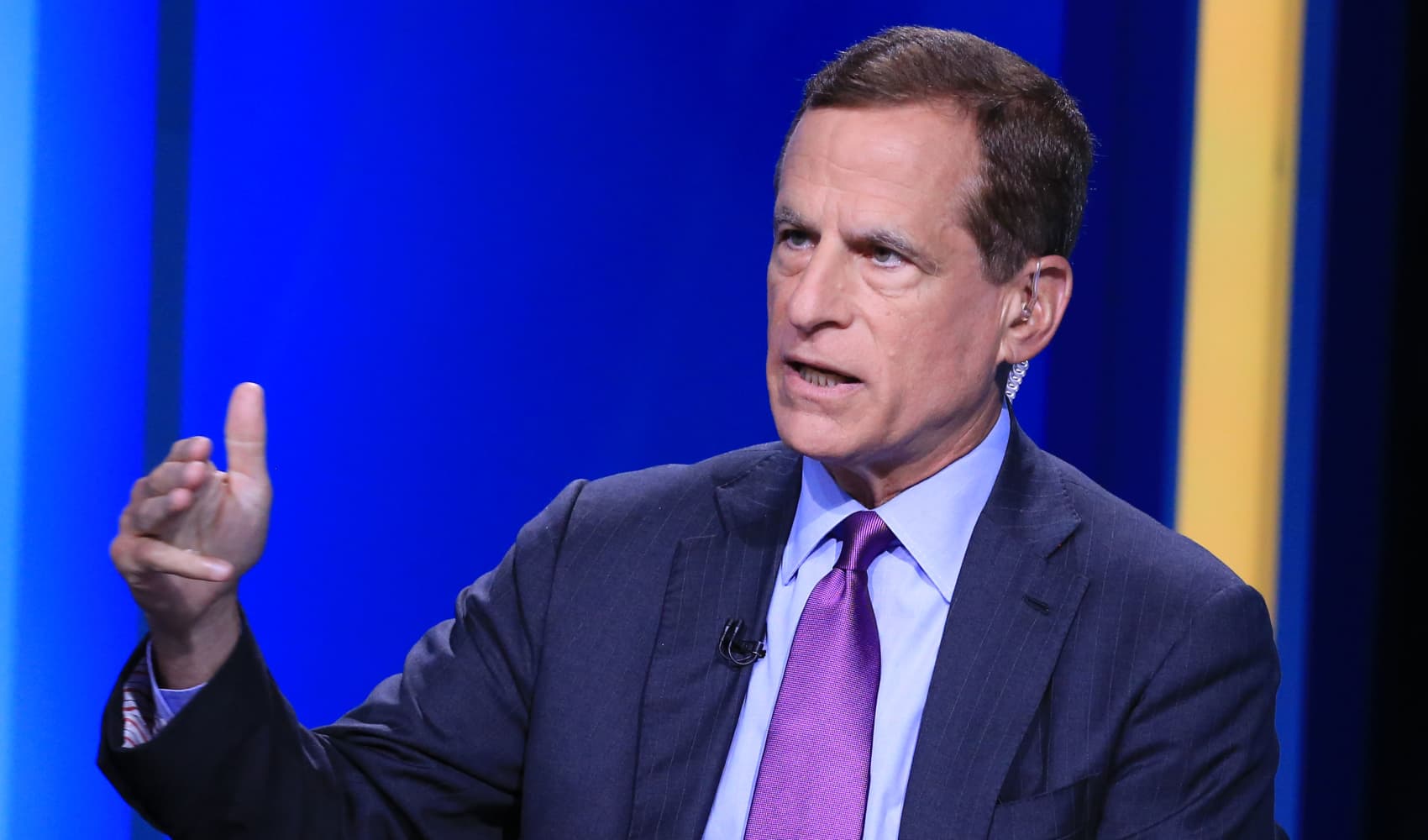
This report is from today's CNBC Daily Open, our international markets newsletter. CNBC Daily Open brings investors up to speed on everything they need to know, no matter where they are. Like what you see? You can subscribe here.
What you need to know today
Clawing back losses
U.S. markets were mixed on Tuesday. The S&P 500 and Nasdaq Composite rose, buoyed by Oracle's 10% surge and technology stocks recouping some losses, while the Dow slipped. Europe's Stoxx 600 index lost 0.54%, with autos dropping 3.8% as supplier Continental fell 10.5% and BMW plunged 11.15%.
Big price reports
The U.S. consumer price index for August comes out later today, while the producer price index, which measures prices at the wholesale level, will be released a day later. They're the last major economic data the Federal Reserve will receive — and hence influence its decision on the size of cuts — before its meeting next week.
Get top local stories in DFW delivered to you every morning. Sign up for NBC DFW's News Headlines newsletter.
Endgame for Basel regulations
The Basel Endgame regulation, introduced in July 2023, was meant to increase capital requirements for big banks by around 19%. On Tuesday, however, a Federal Reserve official announced that regulatory institutions have agreed to resubmit the proposal, reducing the increase in capital requirement to just 9%.
Risk of stagflation
Jamie Dimon, CEO of JPMorgan Chase, said stagflation is a possibility for the U.S. The government's budget deficit and high spending on infrastructure works are inflationary forces, he said. Separately, JPMorgan shares fell 5.19% after the bank's president Daniel Pinto lowered expectations for next year's net interest income.
[PRO] Underwhelming Apple Intelligence
Apple announced new iPhones yesterday. But Wall Street was more focused on the company's artificial intelligence offerings, given their potential to start an iPhone-upgrade cycle and establish a new source of revenue. Unfortunately, analysts came away underwhelmed.
Money Report
The bottom line
Everyone loves lower interest rates.
As rates fall, borrowing becomes cheaper. For the consumer, that's most felt in areas like housing; for companies, it tends to boost spending on expansion and investment.
Those acts trigger a virtuous cycle of spending, boosting consumption and growth, which in turns increases employment. The economy loves lower rates too and swells up.
There's one industry, however, that generally enjoys higher interest rates: banking.
One way banks make money is through the net interest income. That's the difference between the interest rate they charge on loans and the rate they offer on savings. As rates rise, banks can raise the former, which is a revenue source, while keeping the latter, a cost, low.
With rate cuts looming on the horizon, however, that age of abundance is coming to an end for big banks.
JPMorgan poured cold water on the market's expectation of around $90 billion for NII in 2025. That number "is not very reasonable" because the Fed will cut rates, said JPMorgan President Daniel Pinto.
If the biggest bank in the U.S. thinks it can't keep loan rates high, it's hard to imagine smaller banks can maintain juicy NII of the previous years.
Investors didn't take JPMorgan's caution warmly. Its shares lost around 5% and weighed down the Dow Jones Industrial Average, which declined 0.23%.
On the other hand, the S&P 500 rose 0.45% and the Nasdaq Composite added 0.84%.
With rate cuts on the horizon, banks might experience a dip in NII revenue — but many are likely to see revenue and sentiment rise.
– CNBC's Jeff Cox, Pia Singh and Brian Evans contributed to this story.






